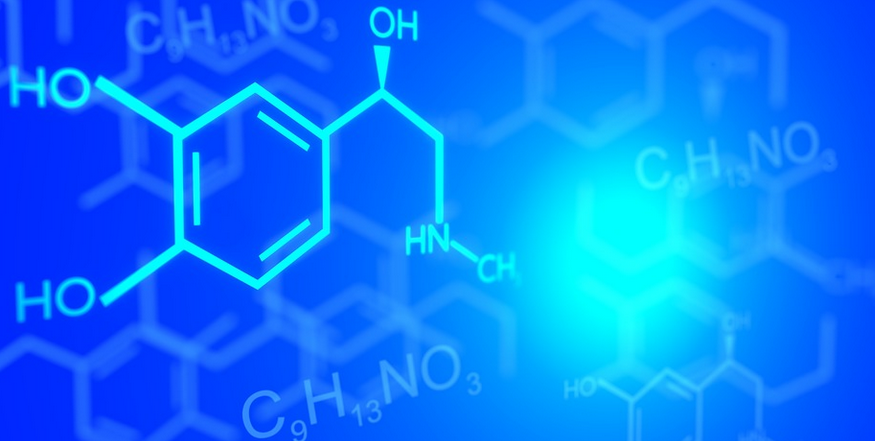Introduction
Aspartame is a low-calorie artificial sweetener that is widely used in food and beverages. It is also known as NutraSweet or Equal. Aspartame is popular because it is 200 times sweeter than sugar and has no calories, making it a great alternative for people who want to reduce their sugar intake. But have you ever wondered how aspartame is made?
The Ingredients
Aspartame is made from two amino acids: phenylalanine and aspartic acid. These amino acids are found naturally in many foods, including meat, fish, eggs, and dairy products. To make aspartame, these amino acids are chemically combined with methanol, a type of alcohol that is also used as a solvent and fuel.
The Manufacturing Process
The manufacturing process for aspartame involves several steps. First, the phenylalanine and aspartic acid are combined with methanol and a catalyst in a reactor vessel. The mixture is heated and stirred until the amino acids are fully dissolved in the methanol.
Next, the mixture is filtered to remove any impurities or byproducts. The resulting liquid is then heated and evaporated to remove the methanol. This leaves behind a concentrated solution of aspartame.
The concentrated solution is then cooled and crystallized to form aspartame crystals. The crystals are washed and dried to remove any remaining impurities. The final product is a white, odorless powder that is 200 times sweeter than sugar.
The Quality Control Process
To ensure the safety and quality of aspartame, it undergoes rigorous testing and evaluation. The manufacturing process is closely monitored to ensure that the product meets strict quality standards. Samples are taken at various stages of the manufacturing process and tested for purity, potency, and other quality parameters.
Once the final product is produced, it is tested again to ensure that it meets all regulatory requirements for purity and safety. This includes testing for any potential contaminants or impurities that could be harmful to human health.
The Uses of Aspartame
Aspartame is used in a wide variety of food and beverage products, including soft drinks, chewing gum, yogurt, and other dairy products, and even some pharmaceutical products. It is also used as a tabletop sweetener and is often found in packets or in bulk form for home use.
The Benefits and Risks of Aspartame
Aspartame is a popular alternative to sugar because it is low in calories and does not raise blood sugar levels. It has been approved for use by regulatory agencies around the world, including the US Food and Drug Administration (FDA). However, some studies have suggested that aspartame may have negative health effects, such as headaches, dizziness, and even cancer. Despite these concerns, most experts agree that aspartame is safe for use in moderation.
Conclusion
Aspartame is a widely used artificial sweetener that is made from two amino acids and methanol. The manufacturing process involves several steps, including filtration, evaporation, and crystallization. Aspartame is used in a variety of food and beverage products and is considered safe for use in moderation. However, like any food additive, it is important to be aware of the potential risks and to consume it in moderation.

